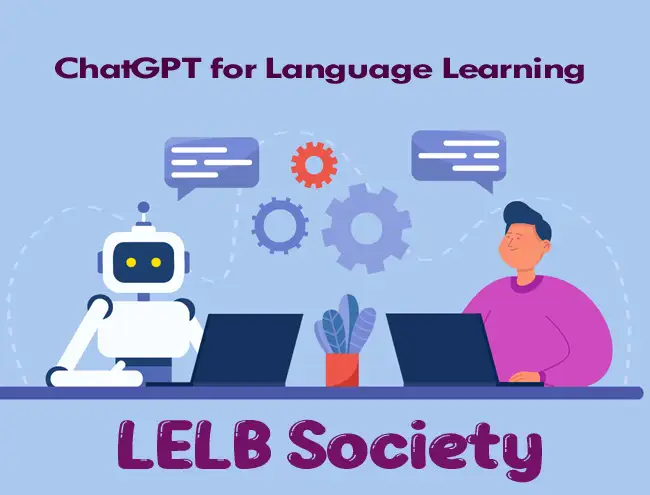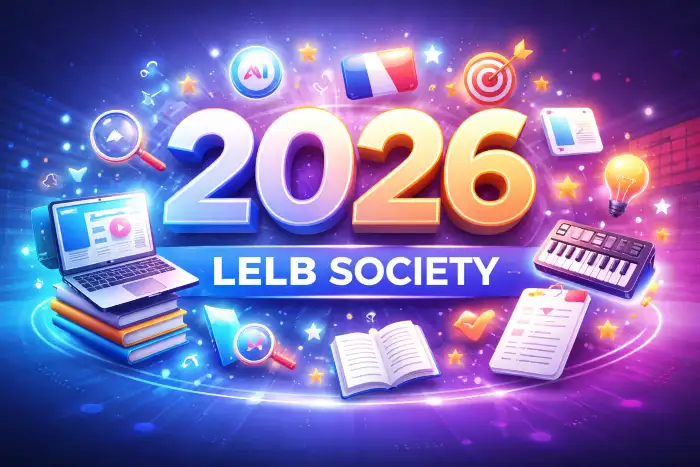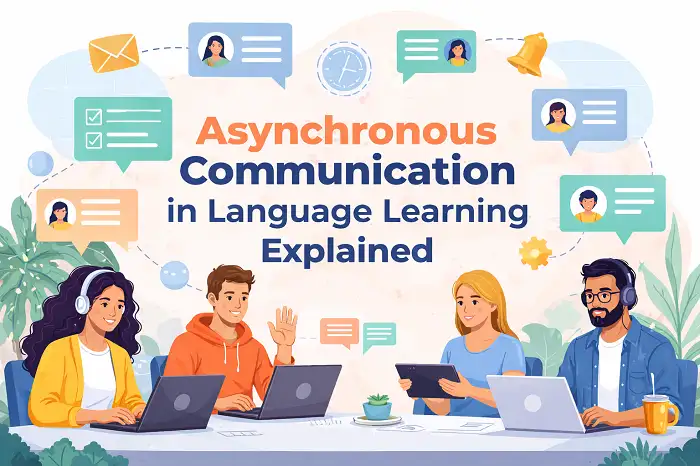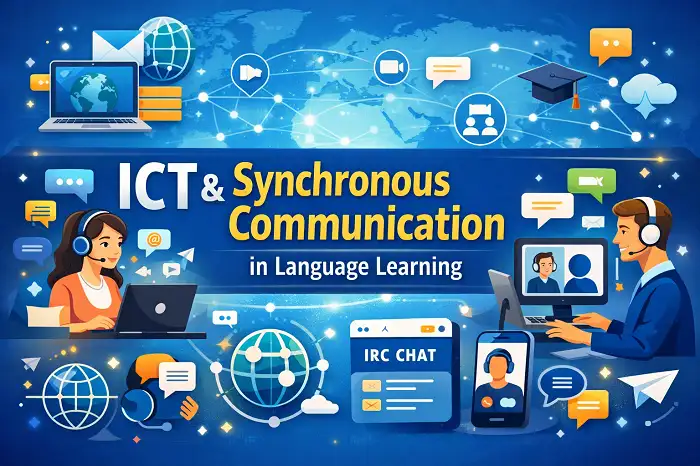Topic: Computers can translate all kinds of languages well. Do our children need to learn more languages in the future? Essayist: Taraneh Computers can translate all the languages well, but it can just translate text word by word, not a whole text perfectly. Therefore, it means that our children should learn foreign languages in order to understand how to use the technology or get the information they need through the internet. The reason is that all the manuals, leaflets, or first grade information on internet are in English, so they will understand the value of second or third language even ...
Home » IELTS Essay Writing Practice » Essay 12 on Machine Translation & Language Learning

Essay 12 on Machine Translation & Language Learning
Updated: by Dr. Mohammad Hossein Hariri Asl
Time to Read: 6 minutes | 420 Views | 1 Comment on Essay 12 on Machine Translation & Language Learning
Share This Post
About the Author
Dr. Mohammad Hossein Hariri Asl is an English and Persian instructor, educator, researcher, inventor, published author, blogger, SEO expert, website developer, entrepreneur, and the creator of LELB Society. He's got a PhD in TEFL (Teaching English as a Foreign Language).
Number of Posts: 4243



Thank you for submitting your essay to us for analysis on the role of machine translation in today’s life.